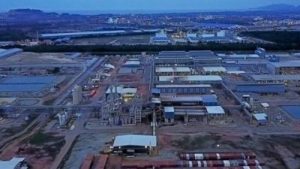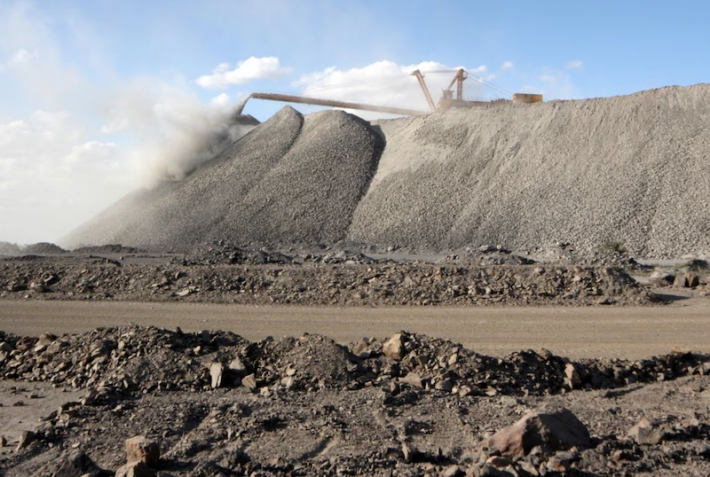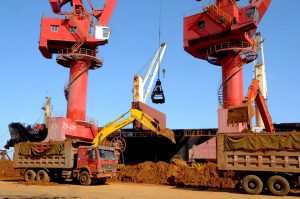China’s moves to boost its control of the mining and refining of rare minerals used in advanced technology are intensifying.
At the beginning of October it tightened restrictions on foreign companies and chipmakers that buy rare earth metals and other minerals refined mainly in China, ordering exporters to provide details of how shipments of rare earth metals are used by Western supply chains.
And a state-owned company is acquiring greater ownership of the last two foreign-owned rare earth refineries in China, according to a report by the New York Times, following restrictions imposed on exports of antimony, gallium and germanium, all of which are used in the making of computer chips.

They have also moved to cover up news about domestic rare earth mining and refining by calling such information state secrets, it said, noting that two managers in the sector had been sentenced to 11 years jail for revealing details to foreign citizens, amid claims it is trying to conserve a scarce resource.
Canadian company Neo Performance Materials, which is listed on the Toronto Stock Exchange, is the longtime owner of the last two refineries in China not run by local firms, and one of them in Wuxi, near Shanghai, dominates production of dysprosium, a heat-resistant and expensive material used in chip capacitors.
Neo said recently it will sell an 86% stake in the Wuxi refinery to Shenghe Resources by the end of the year, the NYT report said, noting that China’s Ministry of Land Resources holds the biggest stake in Shenghe. Its other refinery, in Zibo, will be closed, although its CEO said the group would still sell to foreign firms for a further five years.
Read the full report: The New York Times.
ALSO SEE:
China’s New Rare Earth Rules Seek Product Traceability Details
Vast Amount of Rare Metals Found Off Remote Japanese Isle
Brazil Set to Challenge China’s Stranglehold on Rare Earths
Australia’s Lynas Rare Earths Ends Merger Talks With US Miner
In New Comic, China Signals ‘Foreign Threat’ to its Rare Earths
China Curbs The Export of Rare Earths Processing Technology
Rare Earths Seen As a Factor in China-Vietnam Rail Link Talks
China Turns Focus on Rare Earths Sector Amid Trade War
China Metal Curbs, Rare Earths Risks Fuel Hunt For Safe Sources
Western Firms Struggling to Break China’s Grip on Rare Earths
Rare earth metals at the heart of China’s rivalry with US, Europe
Australia backs plan for new rare earths refinery
























